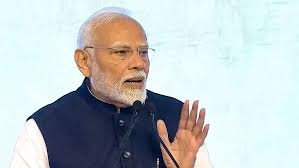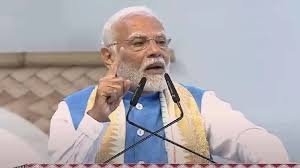As India prepares for its next decennial Census, the growing demand for a caste-based census has triggered a sharp national debate. Supporters argue that updated data on caste is essential for ensuring social justice and targeted welfare, while critics warn that such a count risks entrenching social divisions and politicizing identity.
The push for a caste census gained renewed momentum after states like Bihar released their own caste surveys, reigniting calls from several political parties and social groups for nationwide data. Proponents say that current reservation policies and welfare schemes are based on outdated information, and accurate caste figures are necessary for equitable policy planning.
However, detractors caution that reintroducing caste as a central element of official enumeration could “ossify” social categories, reinforcing divisions instead of bridging them. The fear is that such data, once politicized, may lead to competitive populism and deepen caste-based identities, rather than fostering inclusivity or progress.
The Centre, so far, has remained cautious. While the Census traditionally collects data on Scheduled Castes and Scheduled Tribes, there is no recent precedent for a full caste enumeration since 1931. The Socio-Economic and Caste Census of 2011, conducted separately, faced criticism over data quality and was never officially released in full.
Experts stress that if a caste census is to be pursued, it must be handled with methodological rigor, transparency, and a clear policy framework to avoid misuse. The conversation reflects a deeper tension in Indian democracy: how to balance historical injustice and modern identity with the goal of national unity and development.
As the Census approaches, the government faces a delicate task—ensuring data serves as a tool for equity, not a trigger for division.




